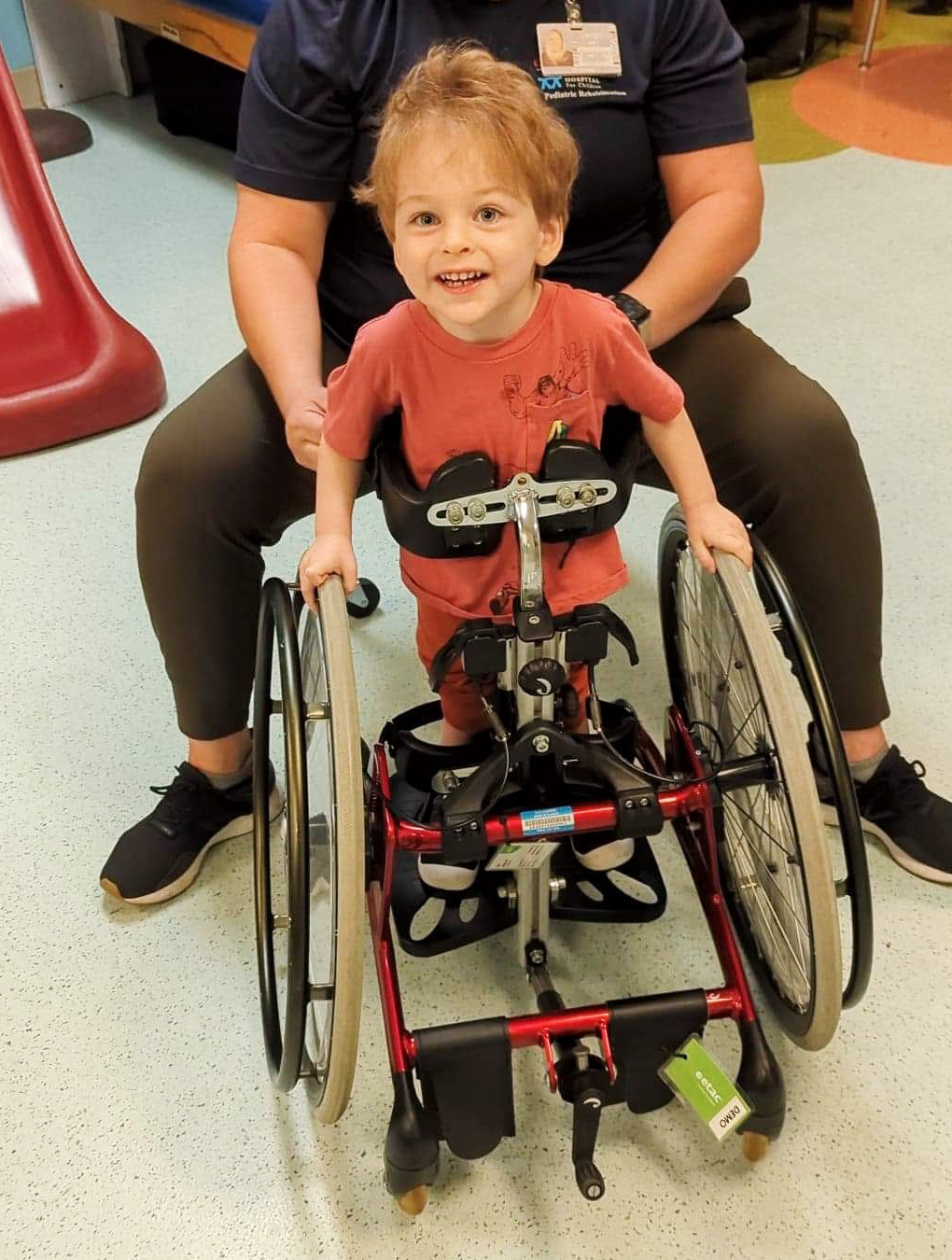About TBCD

Raise Awareness
More awareness means better care for existing patients, more children with TBCD being correctly diagnosed, and more support for the families of children with TBCD disorder.
Fund Research
TBCD disorder is known as an "orphan disease" - a disease so rare that pharmaceutical companies aren't interested in attempting to cure it. With a very small patient population, fundraising is our only option to finance the heavy cost of gene therapy and drug repurposing research.
Share Knowledge
With a disease like TBCD disorder, time is on no one's side. That's why it is essential for families in the TBCD disorder community to share research, resources, and opportunities quickly and effectively. Keeping an open line of communication amongst ourselves and the medical professionals we've worked with will save lives.



